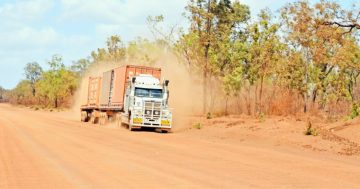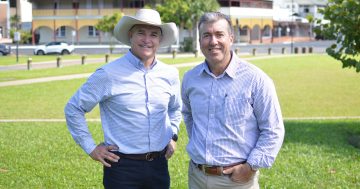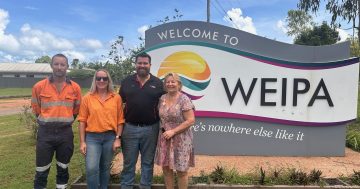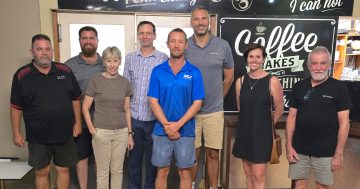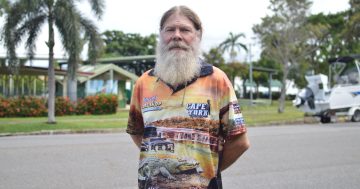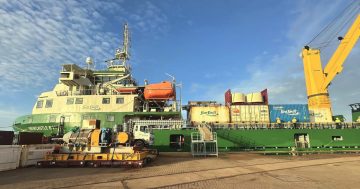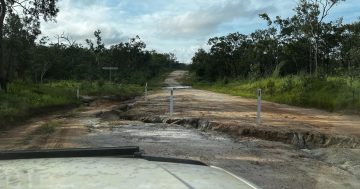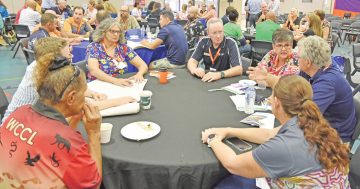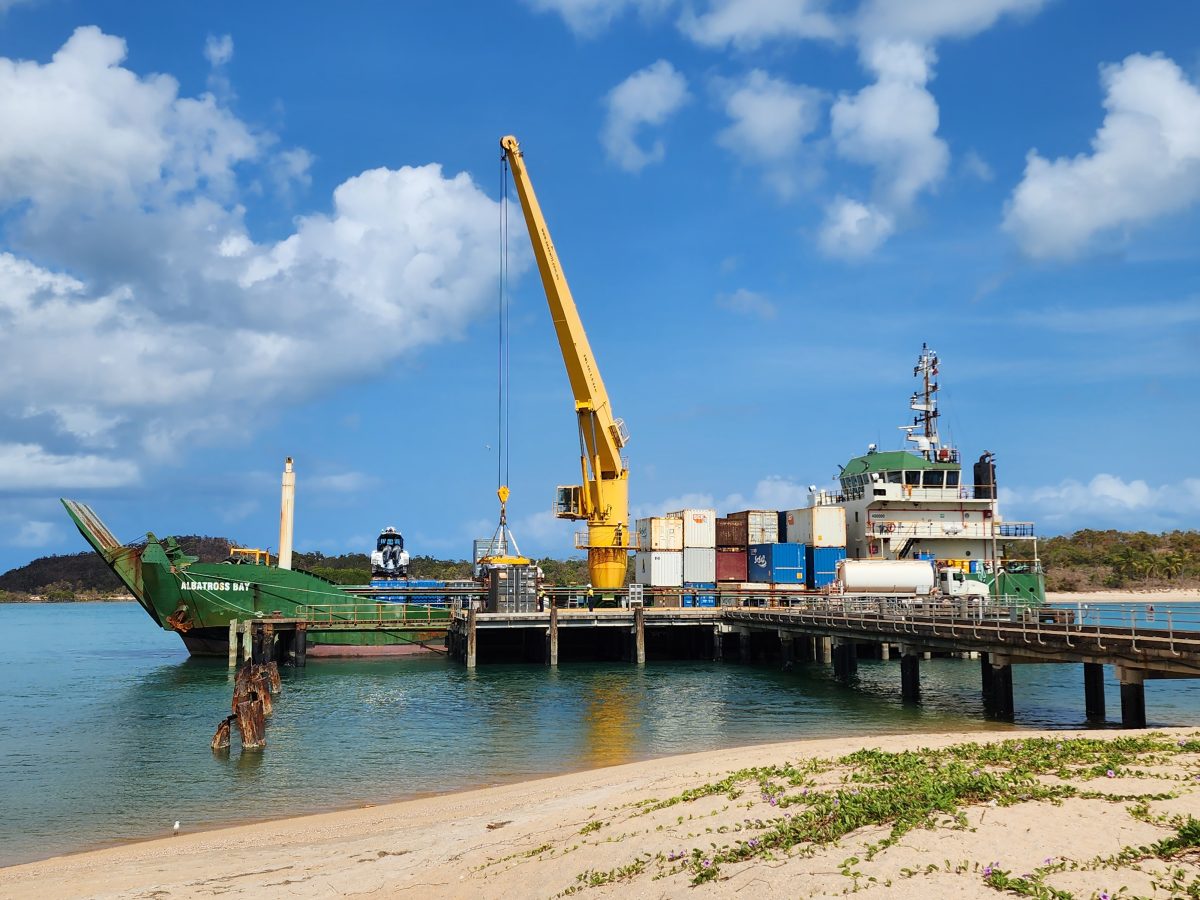
The Western Cape Chamber of Commerce says developing Weipa as the state’s northern freight hub would pay dividends for remote communities across Cape York and the Torres Strait. Photo: Lyndon Keane.
The Western Cape Chamber of Commerce (WCCC) is embracing the suggestion by Katter’s Australian Party (KAP) Weipa could be developed into “Queensland’s northern freight hub” to provide economic and food security for the region.
KAP candidate for Cook Duane Amos flagged the concept during the party’s 2024-25 state budget response on 18 June, with leader Robbie Katter arguing the plan’s viability needed to be investigated as a priority, rather than waiting to see what the future held in terms of mining.
“[A Weipa freight hub] is a highly enticing project to get full commitment from KAP in the context of that, because you need those [logistics] arteries working and you need to keep looking forward, because that’s the problem with government now,” Mr Katter said.
“They just sort of expect all these mines and all this activity just sits there perpetually, but it doesn’t; you’ve got to plan for when it stops, or either put things in place so they keep going and if it’s an expended (non-renewable) resource, well, what’s the alternative?”
Mr Katter said KAP would throw its support behind prioritising the concept if it held the balance of power in a minority government after October’s state election, and WCCC president Jai Christie said he believed the time was right to explore it as an option.
“Weipa is in a prime position to become Queensland’s northern freight hub,” he told Cape York Weekly.
“The timing is right, with the mine closed at East Weipa, the deep water port and the [Peninsula Developmental Road] closer to becoming an all-weather road.
“It’s a no-brainer.”
The chamber president said he believed there were a multitude of benefits to developing a freight hub in the western Cape York township that ranged from economic to environmental.
“Weipa being a freight hub would dramatically reduce the number of ships going through the [Great Barrier Reef] and also allow quicker freight to communities, as well as potentially opening overseas trade through Weipa,” Mr Christie said.
“Having a freight hub will cement Weipa’s future, make Weipa a sustainable community and reduce reliance on government, which also helps the process of normalisation.”


